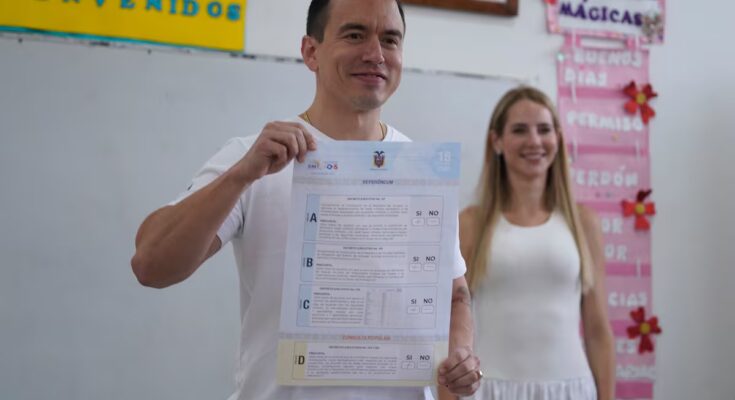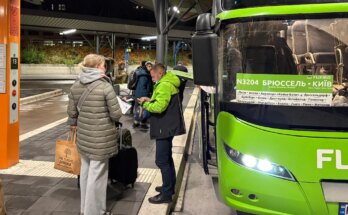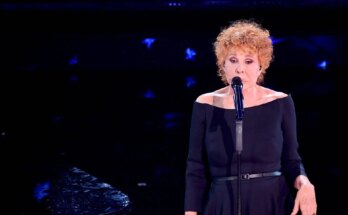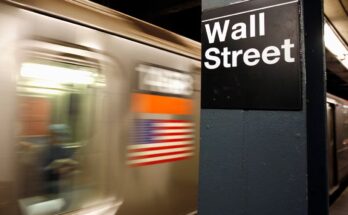Ecuador woke up last Monday with a certainty that few had predicted: the vast majority of Ecuadorians voted NO in the referendum called by President Daniel Noboa to reform the Constitution. There were places where the percentage did not exceed 70%. The most symbolic thing was seen in the indigenous provinces of the Central Sierra, the same ones that catapulted him to the Carondelet Palace last April, this time they voted to punish. Only the Andean province of Tungurahua resisted the wave of rejection of Noboa’s proposal with the premise of restoring security and re-establishing the homeland.
The president disappeared after the setback. The day after the defeat, Noboa left on an official trip to the United States, with a decree informing him that he would leave the country until November 20. So far it is not known who he met, what program he followed or even whether he returned. While its leader disappears, the country accumulates crises and demands explanations.
Analysts describe this void as a symptom. “There is a profound disconnect with ordinary citizens,” says Paolo Moncagatta, a political scientist and dean of the Faculty of Social Sciences at the University of San Francisco de Quito. In his reading, the referendum was a global evaluation, a verdict on management: health crisis, excessive repression during the indigenous strike, inability to dialogue, delayed work, an insecurity that does not abate. “A combination of everything,” he sums up.
Daniel Noboa arrived in politics as a figure alien to the polarization that has defined the 2023 presidential campaign. In polls he appeared as the second to last of eight candidates. In the debate, a few days after the assassination of candidate Fernando Villavicencio, he appeared wearing a bulletproof vest. I was selling an image of stranger impartial, conciliatory, with a young face and an option that opposed the old politics. What little was known about him is that he was the son of the man from Ecuador’s banana empire, Álvaro Noboa, known for having attempted to become president five times.
“His speech was fascinating because people were fed up with polarization and he was the conciliator, who talked about a plan beyond security, showed his point of view with young people and showed concern for environmental issues,” recalls Andrea Endara, coordinator of the political science degree program at the Casa Grande University of Guayaquil. But the character changed quickly. From the young conciliator emerged a leader willing to adopt a harsh, even arrogant tone, who wanted to imitate Salvadoran Nayib Bukele, but who ended up more closely resembling Rafael Correa’s confrontational style.
Moncagatta reflects its evolution: «It went from talking about consensus to insulting it on social media. From seeking agreements, to closing ministries, from dialogue, to making enemies.” For the political scientist Noboa he seems like Correa 2.0, more modern, more professional, just like a power concentrator.
Endara, for her part, considers him a chameleonic leader, capable of quickly adapting to political moments. “Today’s Daniel knows when to performance“, he underlines. “If the fight is against precariousness, wear the military jacket; When he is on the street he is more informal and accessible to people.” He underlines that during his mandate he used his entrepreneurial profile and family ties to open new markets and manage international alliances for the country.
But after the setback of the referendum, the signals coming from the Government are more worrying. Endara believes the lack of concrete results, amplified by blackouts, corruption scandals, collapsing public systems or ministries that barely execute their budgets, have fueled widespread attrition. “The government is in a permanent campaign and communication no longer works. People are tired,” he says. In his opinion, the Executive also made a mistake in one fundamental thing: not recognizing the errors.
After last Sunday’s results, Noboa only expressed himself on his X profile and then remained silent. A few hours later, the president of the Assembly, Niels Olsen, appeared to speak on behalf of the government. “We will continue to fight tirelessly for the country you deserve, with the tools we have,” repeated Olsen and two other parliamentarians who accompanied him into the empty room that had actually been prepared to celebrate a victory they believed they had achieved.
Analysts agree that the Government has not understood the message of the polls. “The result should have been an opportunity to make amends,” says Moncagatta. Noboa responded by making changes in six ministries that, in reality, did not change much, and by recycling figures. “The Government should use the result as an opportunity to correct the situation, but it has brought in people close to their companies or their inner circle,” Moncagatta says. “If he doesn’t transform, he could become another Lasso, a president whose only goal was to survive.”
An example of this improvisation was the appointment as Government Minister of Álvaro Rosero, a radio journalist known for his affinity with the ruling party, who was unable to assume the position due to an employer’s debt of $56,000 to Social Security. The affair ended up exposing the Government to new criticism, fueled by the complaint from the regional director of the Ministry of Labour, who pressured to eliminate Rosero’s debt. “My profile has raised fears,” he said in a short message on X, with which he declined the position he could not maintain.
The November 16 referendum left Noboa in front of the mirror. Without constitutional reform, without the broad support it enjoyed in the first months and without a clear narrative that goes beyond the “iron fist”, its legitimacy now depends almost exclusively on concrete results in security, health, education and work. But Ecuador is politically fractured, hit by economic crisis and emotionally exhausted. What will happen is uncertain. The remaining question is inevitable: after the failure of his attempt to emulate Bukele, what kind of president is he willing to become now?



